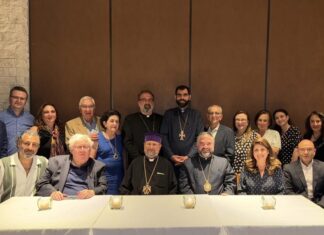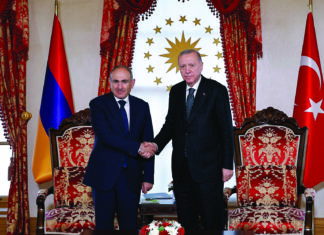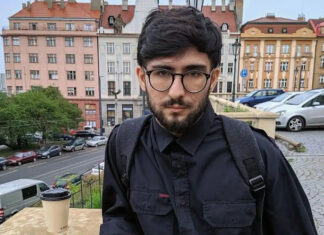The following column was released by the organization Reporters without Borders (RSF, its French acronym), on its website, rsf.org.
Five journalists killed, 131 imprisoned, 77 convicted of “insulting the president” and hundreds prosecuted for their work – Reporters Without Borders (RSF) presents its damning assessment of Recep Tayyip Erdogan’s 10 years as Türkiye’s president. Press freedom must be restored.
Over the past decade, President Erdogan has established a hyper-presidential system that has undermined press freedom and media pluralism. RSF’s damning evaluation highlights the scale of the crusade waged by the man who is due to continue as Türkiye’s president until 2028 after winning a third term in May 2023.
“Independent journalism is now clearly in danger of extinction as a result of this oppressive decade. Exploitation of the judicial system and public broadcasting, and the stranglehold on media ownership and regulatory institutions, have jeopardised the right to news and information, without which the rule of law cannot exist. Türkiye must awake from this nightmare and turn a new page. We call on the president to take swift action and to carry out in-depth reform to protect independent journalists and guarantee the right to information in the country,” said Erol Onderoglu, RSF’s representative in Türkiye.
A total of 150 reporters attacked during Gezi protests: the start of impunity
Erdogan’s authoritarian attitude and hostility towards journalists began before his reign as president. When Erdogan was prime minister, the Gezi anti-government protests in Istanbul in the spring and summer of 2013 were marked by an unprecedented surge in violence against media professionals. From May to September 2013, more than 150 journalists were attacked by police with complete impunity in Istanbul, Ankara, and Izmir. This crackdown foreshadowed the impunity that accompanied Erdogan’s new authoritarian approach to governance. Only three journalists were compensated for the damages they suffered.








